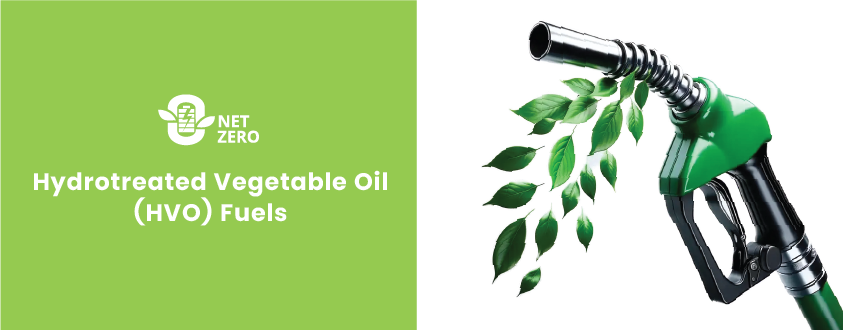
Take a bigger step: 3 ways to cut diesel use and noise on your construction site
– Infinity Cube, BESS, Tower Light, Electric Forklift

Introduction:
As the world shifts toward sustainable energy, Hydrotreated Vegetable Oil (HVO) Renewable Diesel is leading the charge. But what exactly is HVO, and why is it the best choice for diesel generators? Let’s explore the science behind this revolutionary fuel.

CTA:
Discover how HVO can transform your diesel generators—contact us today!
References:

– Infinity Cube, BESS, Tower Light, Electric Forklift

– Infinity Cube, BESS, Generator, Construction
WhatsApp us